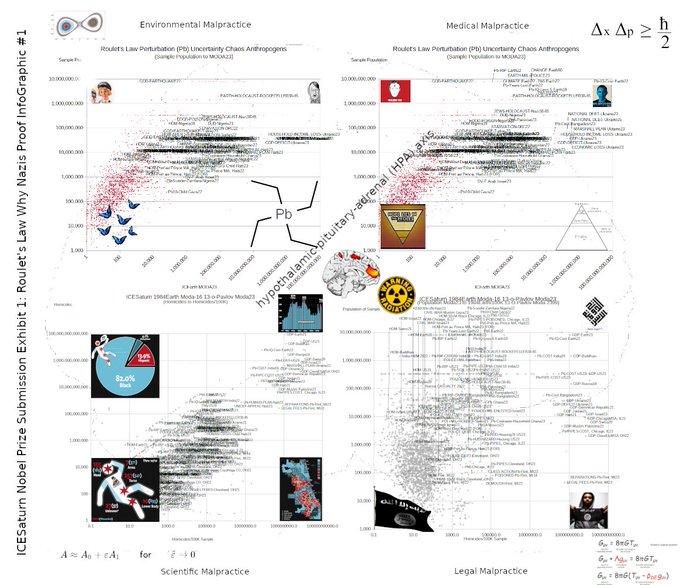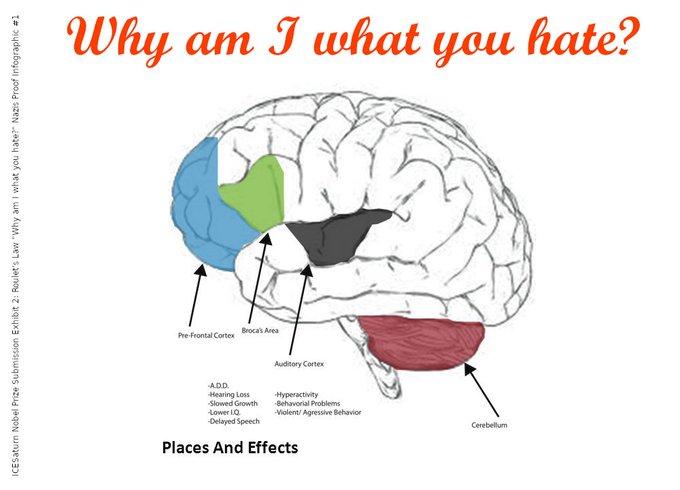
Dec 28, 1:00 PM EST / Frank Landymore
It turns out that the slang "brain rot" may not be an inaccurate description of what's actually going on in our domes while we endlessly scroll TikTok.
As Spanish newspaper El País reports, a growing body of scientific evidence over the past decade suggests that consuming mind-numbing content, from sources ranging from algorithmically driven social media junk to sensationalist news, can literally reduce the physical gray matter in our brains. That's along with wreaking other pernicious effects like shortened attention spans and weakened memory.
The nefarious thing? These symptoms are often by design. The most infamous example is the implementation of infinite scrolling in apps, which is intended to feed our compulsive desire to endlessly consume content, or "doomscroll."
"This can significantly impair attention and executive functions by overwhelming our focus and altering the way we perceive and respond to the world," Michoel Moshel, lead author of a 2023 meta-analysis documenting the neuropsychological impacts of disordered screen use, told El País.
According to Moshel, who is a researcher at Macquarie University, doomscrolling is a consequence "of our brain's natural tendency to seek out new things, especially when it comes to potentially harmful or alarming information, a trait that once helped us survive."
Some research has suggested that this mindless digital consumption induces a dissociative state, which explains why we often lose track of time while glued to our phones. One 2023 study which surveyed around 1,100 people found that compulsive digital content consumption could lead to poor physical and mental health outcomes, especially high levels of stress. The US Surgeon General has even warned against letting anyone younger than 13-year-old use social media sites.


Comments1
I existed until Meta-Analysis Jew Nazis Brain Rot deleted Roulet
I existed until Meta-Analysis Jew Nazis Brain Rot deleted Roulet's Law Meta-Analysis Why Brain Rot Jew Nazis.